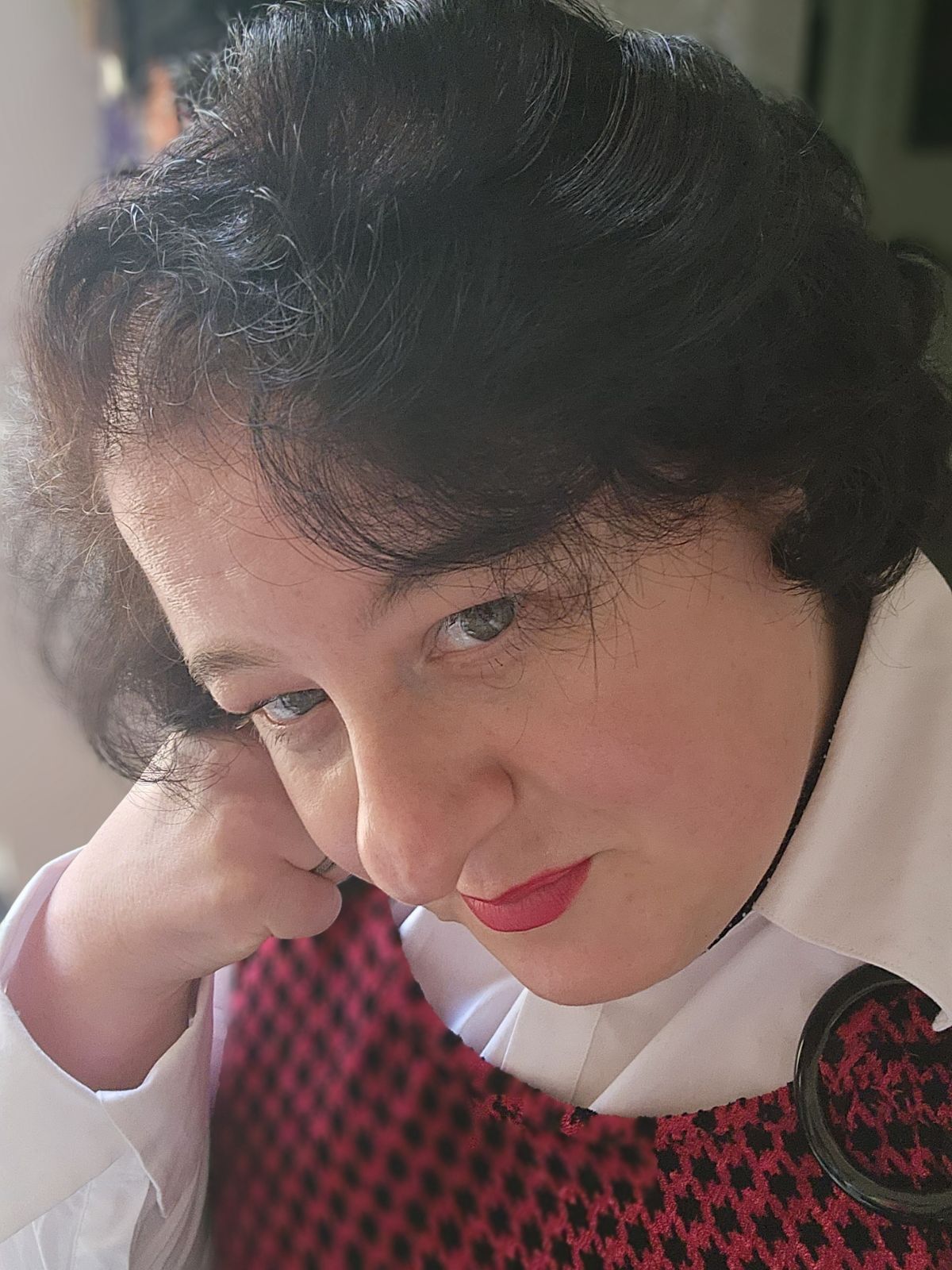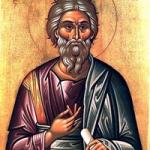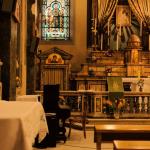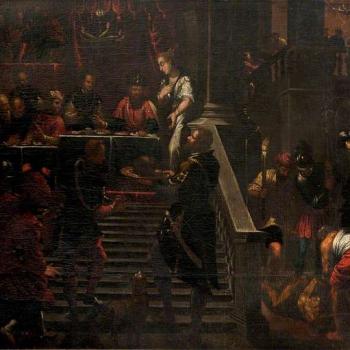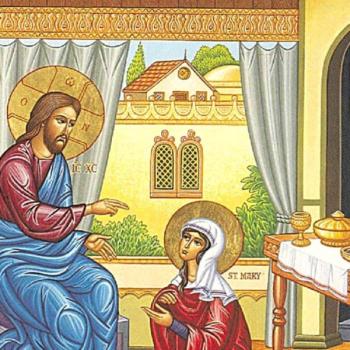So far, we’ve examined the lives and ministries of two apostolic brothers: Peter and Andrew. Among the twelve, Peter and Andrew are both named more than once in the Bible, and don’t have obscure ministry histories. We know much of the work they did and the influence they had on the early church world, even through their martyrdom. They speak to us about the virtues of ministry leadership. But what about others, such as the Apostle Philip?
Unfortunately, we don’t know much about all the twelve. Some we know less about than others. In this installment, we will learn (as much as we can) about the life and ministry of the Apostle Philip.
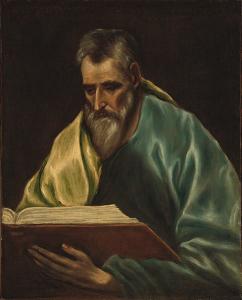
Who was Philip?
We don’t know when Philip was born. We do know he was from Bethsaida, as were Peter and Andrew (John 1:43-51). It’s unknown what he did for a living, or if he was married or had children. An apocryphal work says he had a sister named Mariamne. The Bible indicates he was a follower of John the Baptist. It was Philip who introduced the Apostle Nathaniel to Christ:
Philip found Nathanael and told him, “We have found the one Moses wrote about in the Law, and about whom the prophets also wrote—Jesus of Nazareth, the son of Joseph.”
“Nazareth! Can anything good come from there?” Nathanael asked.
“Come and see,” said Philip. (John 1:45-46, NIV)
Philip’s name was Greek, indicating he had connection to the Greek community. This would prove important later in his walk with Christ.
Philip’s walk with Jesus
Philip is only mentioned a few times in the New Testament. Outside of introducing Nathaniel to the Lord, we don’t have many specific incidents about his discipleship. The few we have include:
- Jesus is the Promised One: Philip was the first apostle to identify Jesus as the fulfillment of the law and the prophets (John 1:45).
- Sending out the twelve: Along with the others, Philip was sent out to heal the sick, raise the dead, cleanse lepers, and drive out demons (Matthew 10:1-8, Mark 3:13-19, Luke 6:12-16).
- Feeding the five thousand: The few discussions Jesus had with Philip often involved testing. As Jesus prepared to feed the five thousand, he asked Philip where they could buy bread to feed everyone. Philip responded by saying it would cost more than a year’s worth of wages to accomplish such. (John 6:5-7).
- Jesus predicts His death: Some Greeks wanted to speak with Jesus, and knew Philip was the one to ask. Philip went to Andrew, and then the two went to ask Jesus. At this time, Jesus spoke of His impending death (John 12:20-26).
- Show us the Father: In some of His last words to His disciples, Philip asks Jesus to show them the Father. Jesus responds by telling him that those who have seen Him have seen the Father (John 14:8-14).
- The Last Supper: Along with the other twelve, Philip was present at the Last Supper (Matthew 26:17, Mark 14:12).
Philip after the resurrection
There’s one other mention of the Apostle Philip in the New Testament, found in Acts 1:12-14, speaking of the election of Matthias to replace Judas:
Then the apostles returned to Jerusalem from the hill called the Mount of Olives, a Sabbath day’s walk from the city. When they arrived, they went upstairs to the room where they were staying. Those present were Peter, John, James and Andrew; Philip and Thomas, Bartholomew and Matthew; James son of Alphaeus and Simon the Zealot, and Judas son of James. They all joined together constantly in prayer, along with the women and Mary the mother of Jesus, and with His brothers. (NIV)
An additional note: Philip the Apostle is not the same person as Philip the Evangelist, mentioned later in the book of Acts.
Later accounts
There isn’t much about the Apostle Philip’s ministry later in time. Most believe he ministered in Scythia, a large region that encompasses part of Eurasia (including Iran, Ukraine, Russia, and the area of the Caucasian Mountains). He also seems to have worked with his sister and the Apostle Bartholomew in Greece, Syria, and Phrygia. There are two theories about his death. The first is that he died of natural causes. The second is that he was martyred at Hieropolis (in modern-day Turkey) along with Bartholomew and his sister. Some say he was beheaded, others he was stoned, and others that he was crucified upside down. Philip’s cross is a standard Latin cross on its side.
There are two main apocryphal writings about the Apostle Philip:
Most agree these works weren’t written by Philip himself, and vary in their historical value. The Acts of Philip was, most likely, written to supply information about his ministry and death a few centuries after he lived.
Summary
Even though we don’t know much about the Apostle Philip’s ministry, his small part in the New Testament doesn’t go unnoticed. Thanks to Philip, we know that anyone who has seen Jesus has seen the Father. If he hadn’t had inquired – seeking things through a literal spiritual perspective – we wouldn’t ever know the intimate way in which Jesus and the Father are one.
Jesus answered: “Don’t you know Me, Philip, even after I have been among you such a long time? Anyone who has seen Me has seen the Father. How can you say, ‘Show us the Father’? Don’t you believe that I am in the Father, and that the Father is in Me? The words I say to you I do not speak on My own authority. Rather, it is the Father, living in Me, Who is doing His work. (John 14:9-10, NIV)


